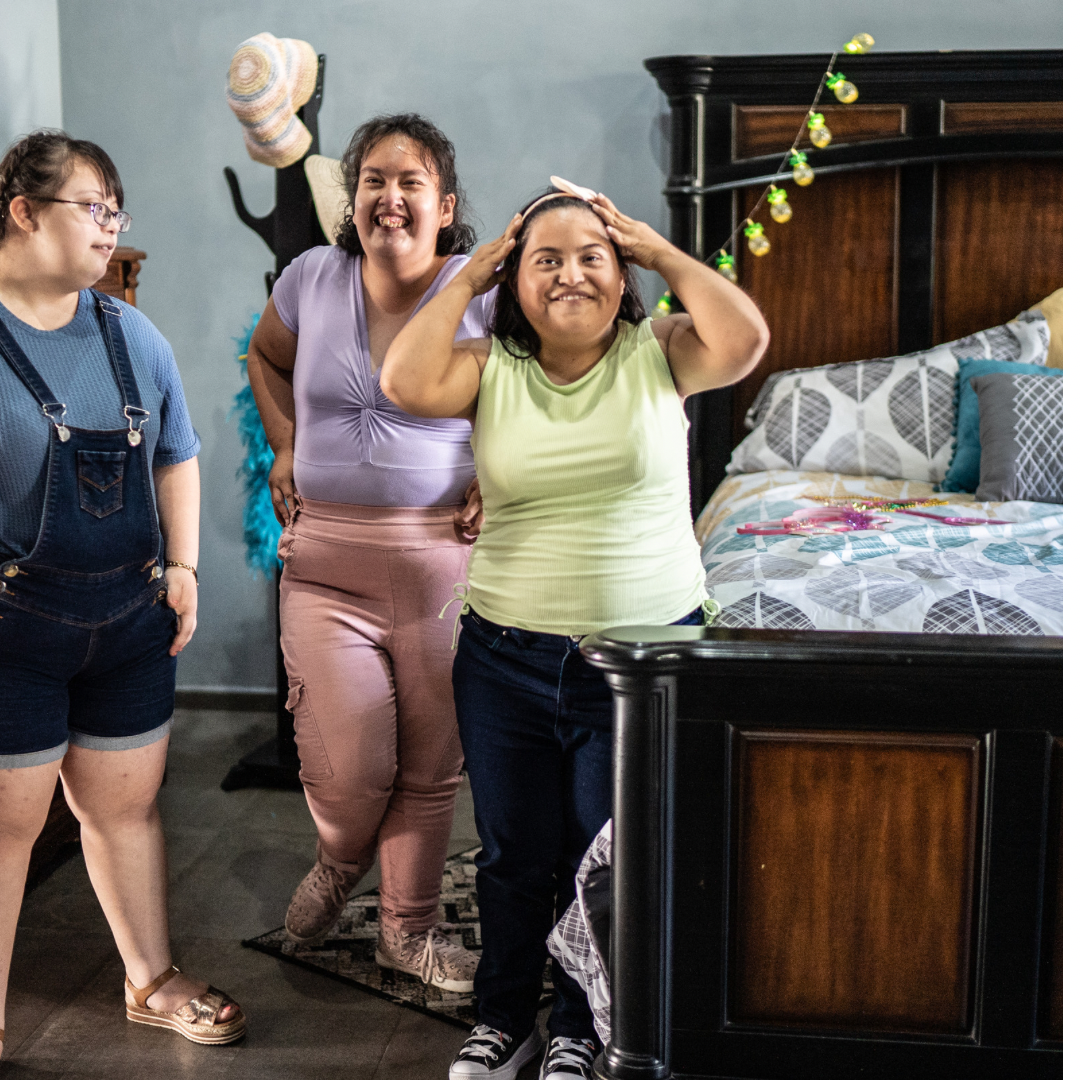Rule Number 7 within the HCBS Final Rule is a fundamental safeguard that upholds the intrinsic rights of individuals to privacy within their living spaces. It recognizes the significance of personal space and its impact on an individual’s sense of security, identity, and overall well-being.
RULE NUMBER 7:EACH INDIVIDUAL HAS PRIVACY IN THEIR SLEEPING OR LIVING UNIT; INCLUDING DOORS LOCKABLE BY THE INDIVIDUAL, CHOICE OF A ROOMMATE IF SHARING A UNIT, AND THE FREEDOM TO FURNISH AND DECORATE THEIR SLEEPING OR LIVING UNITS WITHIN THE LEASE OR OTHER AGREEMENT.
Lockable Doors: Beyond Security
The provision of lockable doors goes beyond mere security measures; it’s about acknowledging an individual’s right to feel safe within their own space. For someone receiving HCBS, having a lockable door grants control over their environment, instilling a sense of safety and privacy crucial for their comfort and mental well-being. In service settings, ensuring these doors are functional and accessible without infringing on safety regulations is vital.
Choice of Roommates: Building Supportive Environments
The freedom to choose roommates if sharing a living unit empowers individuals to actively participate in creating an environment that fosters companionship and support. It’s more than a housing arrangement; it nurtures social connections and emotional well-being. Service providers can support this by facilitating introductions and conversations to help individuals find compatible roommates, ensuring that shared living spaces are conducive to mutual respect and understanding.
Freedom to Decorate: Personalization and Identity
Enabling individuals to furnish and decorate their living spaces according to their preferences and tastes is a way to honor their identity and promote self-expression. Service settings can encourage this by offering guidance on adhering to lease or agreement terms while providing resources or support to help individuals personalize their spaces. This enhances their sense of ownership and contributes to a more welcoming and comforting environment.
Translating Rights into Action
In practice, service settings must actively implement these principles to uphold the essence of Rule Number 7. This could involve regular check-ins with individuals to ensure their privacy, roommate preferences, and space personalization needs are met. Staff training should include sensitivity to these rights, emphasizing their importance in fostering an environment that respects individual autonomy and dignity.
Valley Achievement Center’s Advocacy: A Commitment to Rights
While our center doesn’t directly provide residential services, our commitment to advocating for these fundamental rights remains unwavering. We believe that every individual deserves the right to privacy, choice, and self-expression within their living spaces, irrespective of their setting.
Advocating for Comprehensive Residential Rights
Understanding and championing Rule Number 7 is integral in advocating for comprehensive residential rights. It’s about creating an environment where individuals receive support and have their fundamental rights respected and protected.

